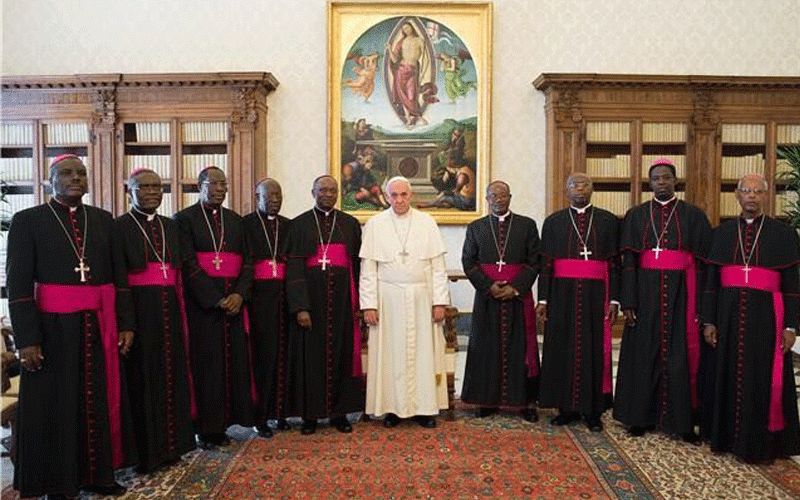Bujumbura, 29 May, 2020 / 1:05 am (ACI Africa).
Members of the Conference of Catholic Bishops of Burundi (CECAB) have denounced the recent general elections in their country alleging “many irregularities”, which they say put to question the outcome of the poll announced Monday, May 25.
The anomalies in the May 20 poll, the Bishops say in their collective statement issued Tuesday, May 26, range from events before, during and after the actual casting of ballots.
“The Catholic Church deplores in particular the pressure exercised on certain party agents to sign in advance reports on the vote counting exercise, the stuffing of some ballot boxes, voting in place of the deceased and refugees, multiple votes by proxy, the fact that there were voters in some polling stations who voted more than once,” the Bishops in Burundi have highlighted.
They add in their statement signed by CECAB Chairman, Bishop Joachim Ntahondereye, “We deplore many irregularities with regard to the freedom and transparency of the electoral process as well as fairness in the treatment of certain candidates and voters.”
They also condemn “the exclusion of some party agents and observers from the places where the votes were counted, the intimidation and coercion of some voters by administrative officials who accompanied them to the polling booths, (and) the intrusion of unauthorized persons into the counting stations.”








